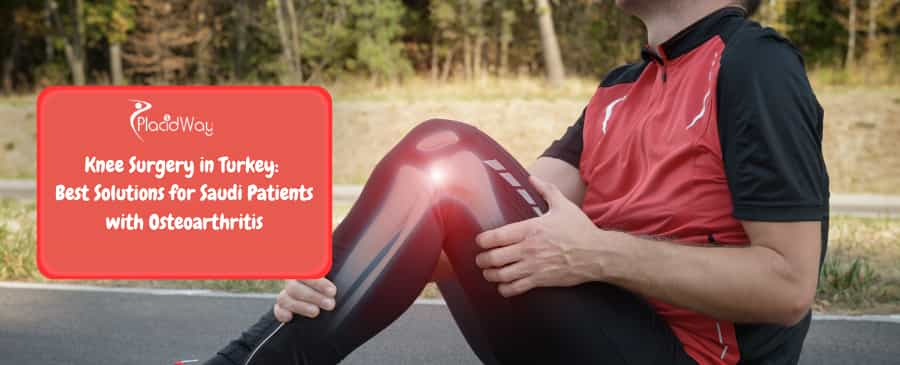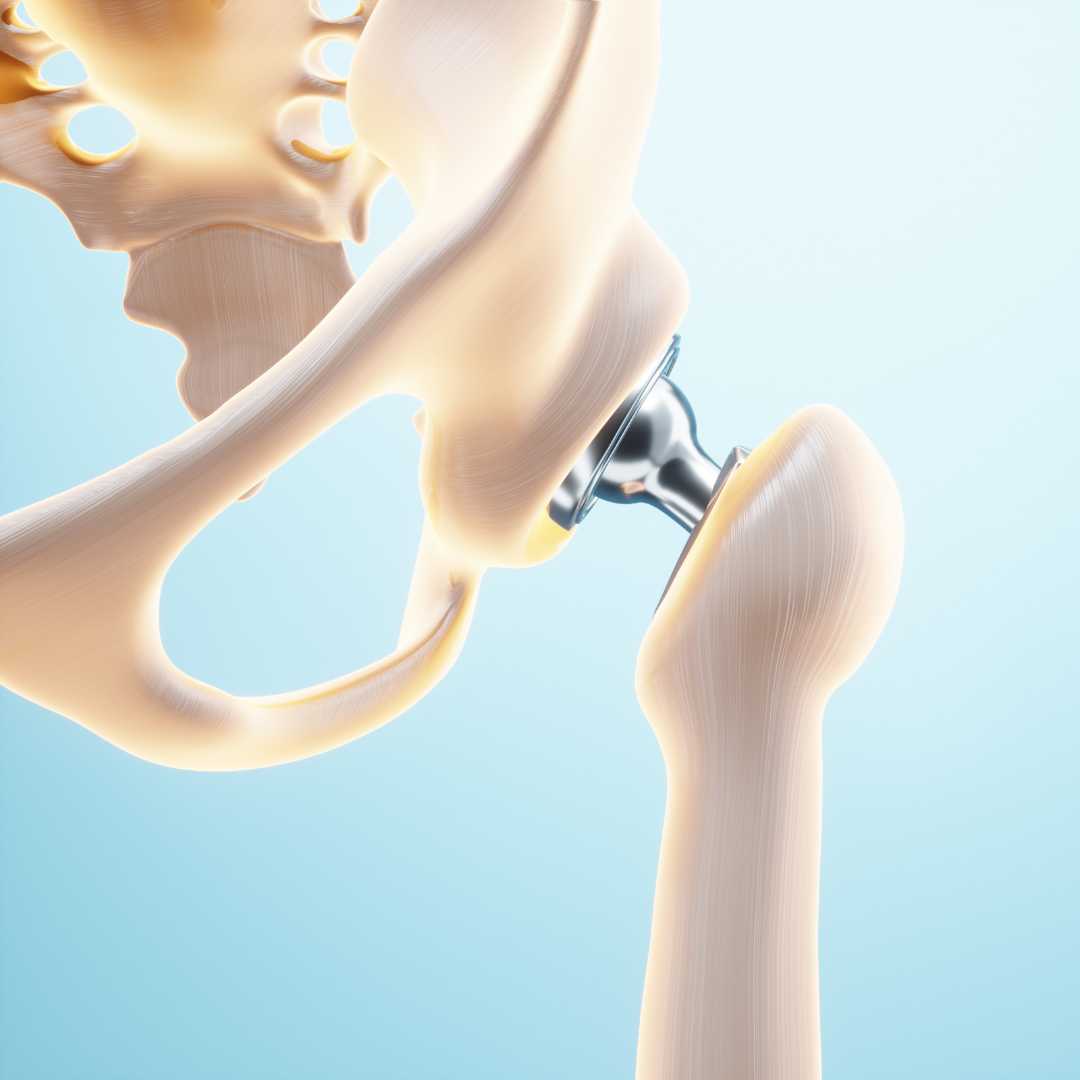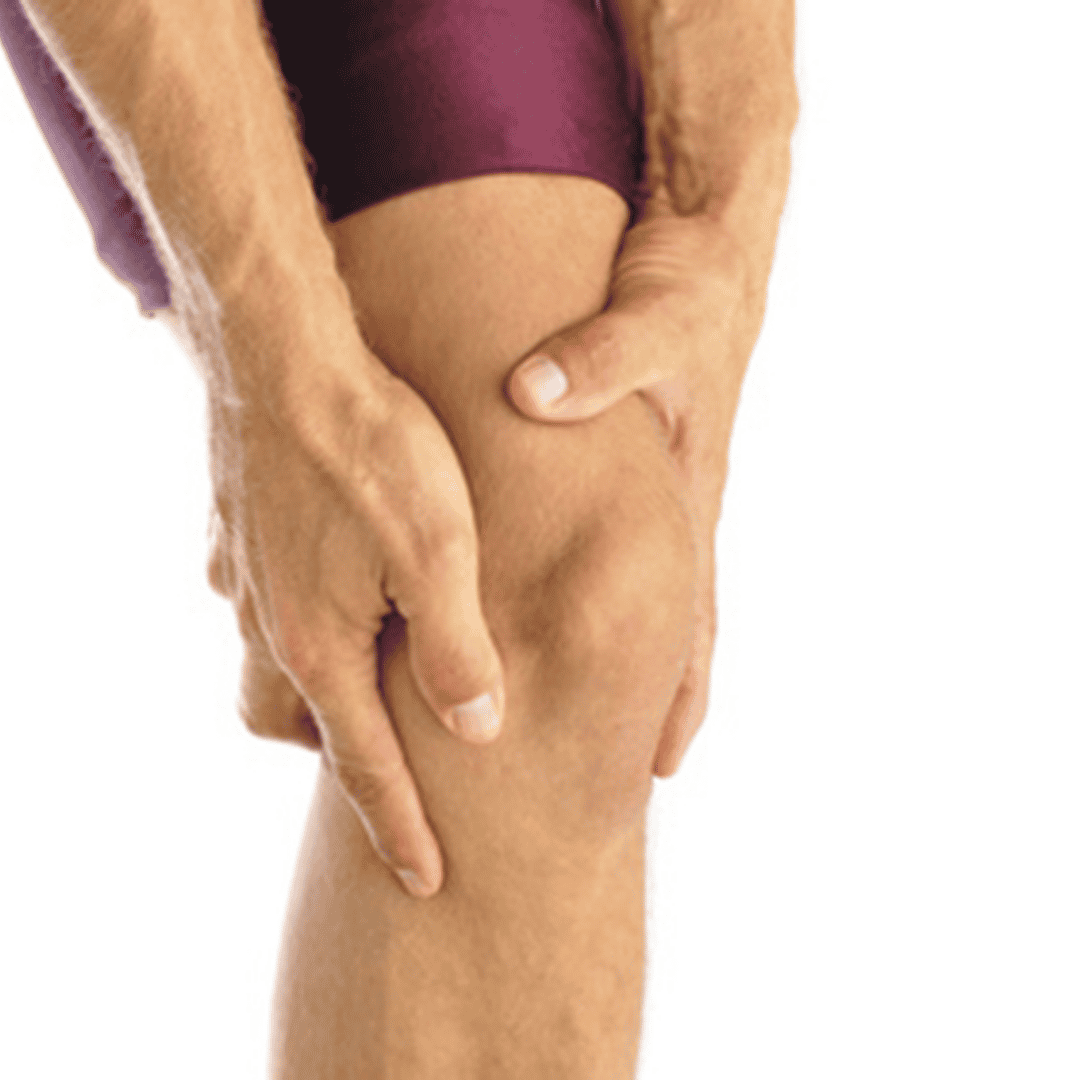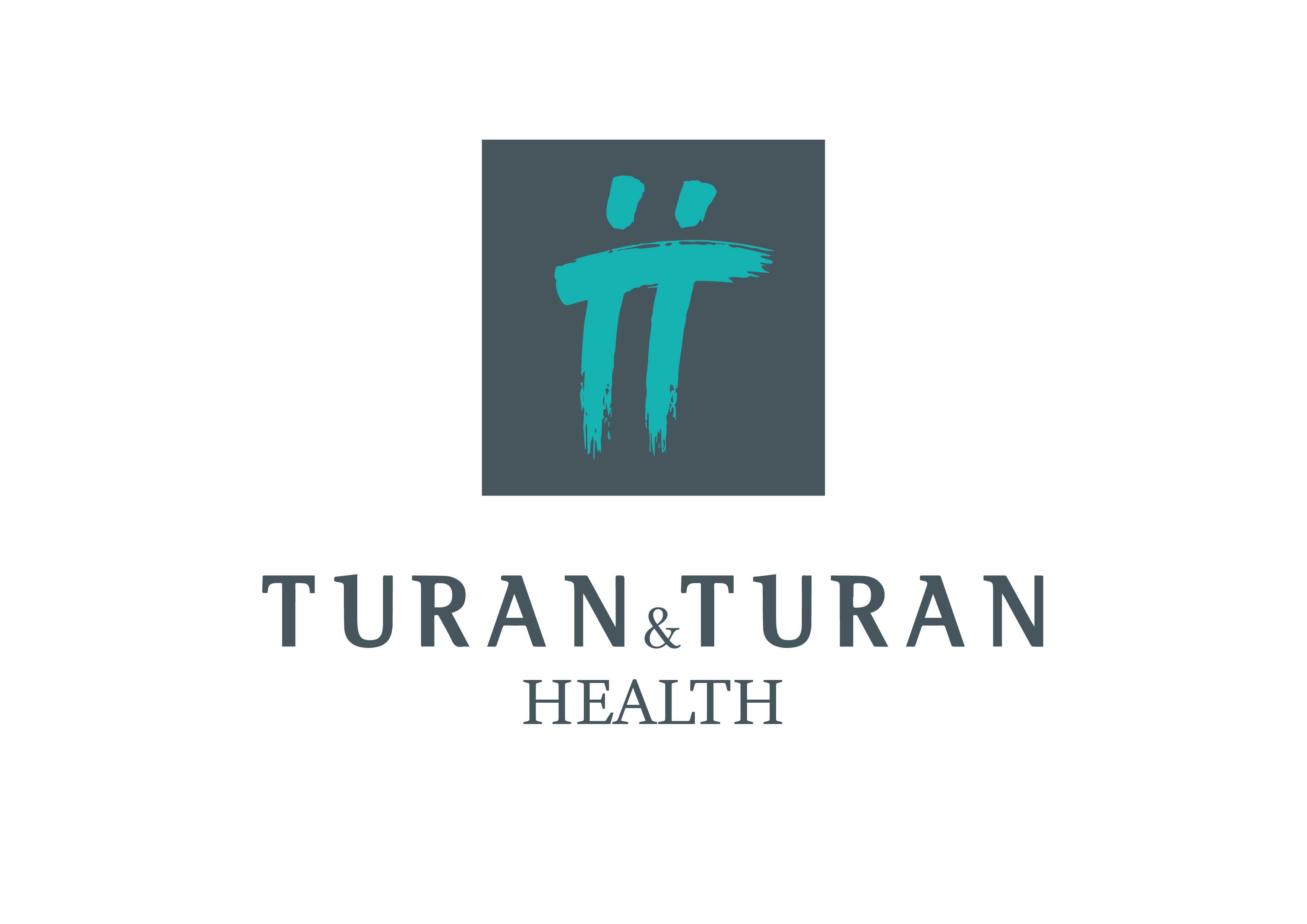Key Takeaways
-
Significant Savings: Patients from Saudi Arabia and other Gulf countries can save 50-70% on knee surgery in Turkey compared to private hospital costs in Riyadh, Jeddah, or Western countries like the UK and USA.
-
All-Inclusive Packages: Most medical tourism packages for knee surgery include the procedure, surgeon's fees, anesthesia, high-quality implants, hospital stay, pre-op tests, airport transfers, hotel accommodation, and dedicated Arabic-speaking translators.
-
Cost Estimates:
-
Total Knee Replacement (TKR) in Turkey: $6,000 - $9,000 (compared to $15,000+ in Saudi Arabia).
-
Partial Knee Replacement (PKR) in Turkey: $5,000 - $7,500.
-
Knee Arthroscopy in Turkey: $2,500 - $4,000 (compared to $6,000+ in Saudi Arabia).
-
Understanding Knee Osteoarthritis: The Pain Saudi Patients Face
Knee osteoarthritis (OA) is a common degenerative condition where the protective cartilage in the knee joint wears down, leading to bone-on-bone friction. This causes chronic pain, stiffness, and reduced mobility that can severely impact a patient's quality of life, making daily activities and even prayer difficult.
Osteoarthritis is the most common form of arthritis, and the knee is one of the most frequently affected joints. For many patients in Saudi Arabia, this degenerative joint disease progresses over years. Initially, it may be a mild ache, but it can evolve into severe, chronic pain that doesn't respond to painkillers or physical therapy.
When the cartilage is gone, the bones of your femur (thigh bone) and tibia (shin bone) rub against each other, causing inflammation and pain. This can make it difficult to walk, climb stairs, or even get up from a chair. For many in the Gulf region, the inability to comfortably perform daily prayers (which involves kneeling and prostrating) is a significant motivator to seek a permanent solution.
Why is Turkey a Top Destination for Saudi Patients Seeking Knee Surgery?
Saudi patients choose Turkey for its unique combination of high-quality, JCI-accredited hospitals, expert surgeons, and significantly lower costs. The absence of long waiting lists and the availability of all-inclusive, culturally-sensitive packages make it an ideal choice.
Turkey has emerged as a global leader in medical tourism, particularly in orthopedic surgery. For patients from Saudi Arabia, the advantages are exceptionally clear.
Unbeatable Cost-Effectiveness
The primary driver for many is the cost. A total knee replacement in Turkey is often 50-70% cheaper than in a private hospital in Saudi Arabia, the UK, or the USA. This saving is not due to lower quality but to Turkey's lower cost of living and operational expenses, allowing hospitals to offer world-class care at a fraction of the price.
World-Class Hospitals and Surgeons
Turkey has one of the highest numbers of JCI-accredited hospitals in the world. This "gold standard" accreditation from the Joint Commission International ensures that a hospital meets or exceeds international standards for patient safety and quality of care. Furthermore, Turkish orthopedic surgeons are highly trained, often in Europe and the US, and have vast experience, performing thousands of knee replacements annually.
No Waiting Lists and Quick Access to Care
In many countries, the wait time for knee replacement surgery can be months or even years. In Turkey, patients can typically schedule their surgery within weeks of their initial consultation, allowing them to get out of pain and back to their lives much faster.
All-Inclusive, Culturally-Sensitive Packages
Turkish hospitals are experts in medical tourism. They provide comprehensive packages that remove the stress of travel. These packages typically include:
-
Airport (e.g., IST) pickup and private ground transfers.
-
4-5 star hotel accommodation for recovery.
-
An Arabic-speaking translator or patient coordinator.
-
All pre-operative tests (blood work, X-rays, MRI).
-
The surgery, implant, and hospital stay.
-
Initial physical therapy sessions.
This complete service, combined with Turkey's cultural familiarity and proximity to the Gulf, makes the entire experience smooth and comfortable for Saudi patients and their families.
Top Knee Surgery Procedures for Osteoarthritis in Turkey
Turkish hospitals offer a full range of knee surgeries, from minimally invasive arthroscopy for early-stage issues to advanced robotic-assisted total knee replacements for severe arthritis. The best procedure is determined after a thorough evaluation of your specific case.
Your surgeon will recommend a procedure based on the severity of your osteoarthritis, your age, and your activity level.
Total Knee Replacement (TKR) / Arthroplasty
This is the most common and effective solution for end-stage osteoarthritis. The surgeon removes the damaged cartilage and bone and resurfaces the joint with a high-quality artificial implant (prosthesis), eliminating bone-on-bone pain.
A TKR provides a new, smooth surface for your joint. It is a highly successful procedure that can provide pain relief for 15-20 years or more.
Partial Knee Replacement (PKR) / Unicompartmental
If the arthritis is confined to only one "compartment" of your knee (inner, outer, or kneecap), you may be a candidate for a PKR. This procedure is less invasive, preserves more of your natural bone and ligaments, and often leads to a quicker recovery.
A unicompartmental knee replacement is a great option for suitable patients, offering a more "natural" feel than a total replacement.
Minimally Invasive Knee Arthroscopy
For mild to moderate osteoarthritis, a keyhole surgery may be an option. The surgeon uses a tiny camera (arthroscope) and small instruments to "clean up" the joint, removing loose cartilage or bone spurs that may be causing pain and locking.
Arthroscopy is not a cure for arthritis, but it can delay the need for a total knee replacement by several years for some patients.
Robotic-Assisted Knee Surgery (Mako/ROSA)
Many leading Turkish hospitals offer robotic-assisted surgery using systems like Mako or ROSA. The robot does not perform the surgery; rather, it provides your expert surgeon with a highly precise 3D model and guides their hand to ensure perfect implant placement and alignment.
This advanced technology can lead to better outcomes, a more balanced knee, and potentially faster recovery.
Did You Know?
The brand of knee implant you receive in Turkey is the same high-quality, globally-recognized brand used in the US and Europe. Top hospitals use FDA or CE-approved implants from leading companies like Zimmer Biomet, Stryker, and DePuy Synthes.
The Cost of Knee Surgery in Turkey: A Detailed Breakdown for Saudi Patients
The cost of knee surgery in Turkey is a fraction of the price in Saudi Arabia, the UK, or the US, often with all-inclusive packages. A total knee replacement in Turkey averages $6,000 - $9,000, while the same procedure can cost over $15,000 in Saudi Arabia and $40,000 in the US.
The table below provides a clear comparison of average costs for common orthopedic procedures. These prices in Turkey often include package extras not covered by the baseline costs in other countries.
|
Procedure |
Cost in Turkey (USD) |
Cost in Saudi Arabia (USD) |
Cost in UK (Private) |
Cost in USA (USD) |
|---|---|---|---|---|
|
Total Knee Replacement |
$6,000 - $9,000 |
$15,000 - $25,000 |
$14,000 - $20,000 |
$40,000 - $55,000 |
|
Partial Knee Replacement |
$5,000 - $7,500 |
$12,000 - $20,000 |
$12,000 - $18,000 |
$30,000 - $45,000 |
|
Knee Arthroscopy |
$2,500 - $4,000 |
$6,000 - $10,000 |
$5,000 - $8,000 |
$15,000 - $25,000 |
It's important to confirm what your all-inclusive package covers. Most will include all medical costs, transfers, and your translator, but flights to Turkey are typically booked separately.
How to Choose the Best Orthopedic Surgeon and Hospital in Turkey
Choosing the right facility is crucial for a successful outcome. Saudi patients should prioritize hospitals with JCI accreditation, verify their surgeon's specific experience in knee replacements, and ask about the brands of implants used to ensure global standards.
Don't just look for the cheapest price. Focus on quality and safety.
Check for JCI Accreditation
This is the most important factor. JCI accreditation is a non-negotiable sign of quality, safety, and hygiene, proving the hospital adheres to international patient care protocols.
Verify Surgeon's Credentials and Experience
Look for a board-certified orthopedic surgeon. Ask them specific questions:
- How many knee replacements do you perform each year? (Higher volume often means better outcomes).
- Do you specialize in robotic-assisted surgery?
- Can you share testimonials from other patients from Saudi Arabia?
Ask About Implant Quality and Brands
Confirm that the hospital uses high-quality, internationally-approved implants. There should be no difference in the quality of the prosthesis you receive in Turkey and what you would get in Riyadh or London.
Expert Insight
"The success of a knee replacement is 90% surgeon skill and 10% implant technology. A JCI-accredited hospital ensures that both the surgeon and the entire post-operative care team follow world-class protocols, which is critical for a successful long-term outcome and a low complication rate." — Dr. Selim T., Orthopedic Specialist, Istanbul.
Your Medical Journey from Saudi Arabia to Turkey: A Step-by-Step Guide
The process is streamlined for international patients. It begins with a remote consultation from Saudi Arabia, followed by a well-organized arrival in Turkey for pre-op tests, surgery, and initial recovery, all guided by a dedicated case manager.
- Step 1: The Remote Consultation You will send your medical reports, X-rays, and MRIs from Saudi Arabia to the Turkish medical team. You will then have a video consultation with your surgeon to discuss your case, treatment options, and expected outcomes.
- Step 2: Arrival and Pre-Operative Phase Upon arrival in Istanbul (or another city like Ankara or Izmir), you will be met at the airport by a VIP driver and taken to your hotel. The next day, you'll be taken to the hospital for in-person consultation, blood tests, and a final check with your anesthesiologist.
- Step 3: The Day of Your Surgery You will be admitted to the hospital. The surgery itself usually takes 1-2 hours under general or spinal anesthesia. You will wake up in a recovery room with your new joint and the process of healing already beginning.
- Step 4: In-Hospital Recovery You will typically stay in the hospital for 3-5 days. The most crucial part of this phase is early mobilization. A physical therapist will get you up and walking (with support) within 24 hours of your surgery. This is vital to prevent blood clots and kick-start your recovery.
Recovery and Rehabilitation: Your Path Back to Mobility
Recovery is a phased process that requires patience and commitment. Patients typically stay in Turkey for 2-3 weeks for initial physiotherapy before flying home to Saudi Arabia, with full recovery taking 6-12 months.
Your First Weeks in Turkey
After your hospital discharge, you will recover in your nearby hotel. You will have follow-up appointments with your surgeon and attend outpatient physiotherapy sessions to regain your range of motion and begin strengthening your muscles.
Flying Back to Saudi Arabia
Most patients are cleared to fly back home (to Riyadh, Jeddah, Dammam, etc.) about 2-3 weeks after surgery. The clinic will provide you with "fit to fly" documentation and advice on how to stay comfortable and safe during the flight (e.g., aisle seat, gentle exercises).
Long-Term Recovery (3-12 Months)
Your recovery is not finished when you leave Turkey. It is essential to continue your physiotherapy and exercises back home in Saudi Arabia. Full recovery, where you experience the final benefits of your new knee, can take 6 months to a year. The result is a life free from chronic arthritis pain.
Potential Risks and How Top Turkish Hospitals Mitigate Them
While knee surgery is very safe, all surgeries have risks, including infection, blood clots (DVT), and implant issues. Top Turkish hospitals minimize these risks with state-of-the-art sterile operating theaters, prophylactic medications, and expert surgical precision.
Your medical team takes many precautions to ensure your safety:
-
Infection: You will be given antibiotics before, during, and after your surgery. JCI-accredited hospitals have HEPA-filtered operating rooms to ensure sterility.
-
Blood Clots (DVT): This is a key risk, especially with air travel. Your surgeon will prescribe blood thinners, ask you to wear compression stockings, and insist on early mobilization and exercises.
-
Implant Failure: This is very rare with modern implants and proper surgical technique. Using robotic assistance can further improve alignment and reduce long-term wear.
Frequently Asked Questions (FAQ) by Saudi Patients
Here are answers to the most common questions we receive from patients in Saudi Arabia.
How long do I need to stay in Turkey?
You should plan to stay in Turkey for a total of 15 to 21 days. This includes your pre-op tests, a 3-5 day hospital stay, and 10-14 days of post-operative recovery and initial physiotherapy before you are cleared to fly home.
Will I have a translator?
Yes. Reputable medical tourism providers and hospitals guarantee a dedicated, free-of-charge Arabic-speaking translator or patient host to be with you during all your medical appointments, ensuring clear communication.
Are the knee implants (prostheses) high quality?
Absolutely. Turkish hospitals use the same FDA and CE-approved implants from major international brands (like Zimmer Biomet, Stryker) that are used in the best hospitals in Saudi Arabia and the United States.
Is it safe to travel to Turkey for surgery?
Yes. Medical tourism is a cornerstone of the Turkish economy. Major cities like Istanbul and Ankara are safe, modern, and have a highly advanced healthcare infrastructure dedicated to international patients.
Can I get a second opinion from a Turkish surgeon?
Yes. PlacidWay can facilitate remote second opinions. You can send your existing medical records and X-rays, and a top Turkish orthopedic surgeon can provide a full treatment plan and cost estimate, all before you commit to travel.
What if I have complications after returning to Saudi Arabia?
Top clinics offer robust post-operative support. They will have remote follow-up consultations via video call. In the rare case of a serious issue, they will coordinate with you. Many patients feel secure knowing Turkey is a short, direct flight away, not on the other side of the world.
Your Next Step with PlacidWay
Don't let chronic knee pain control your life any longer. The path to a pain-free, active life is more accessible than you think. PlacidWay connects you with the best, pre-vetted orthopedic surgeons and JCI-accredited hospitals in Turkey.
We can help you:
- Get a FREE, no-obligation treatment plan and cost estimate.
- Compare packages from multiple world-class hospitals.
- Read verified reviews from other patients.
- Schedule your remote consultation and start your journey.
Contact PlacidWay today to explore your options and take the first step back to mobility.



.png)
.png)



.png)
.png)
.png)
.png)






Share this listing